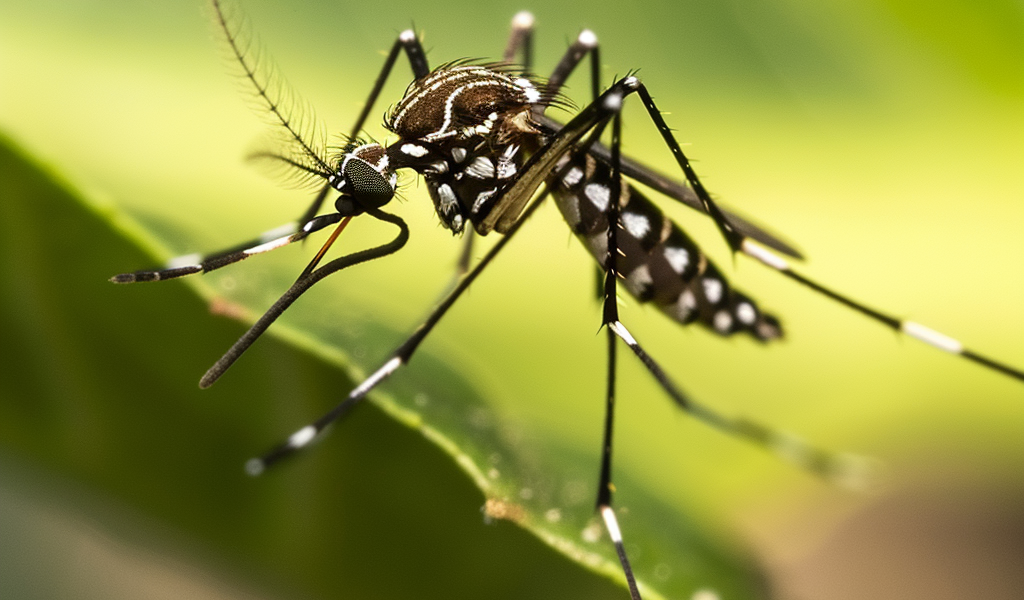Rising heat is contributing to the spread of mosquito-borne diseases across Europe, as indicated by data collected by the European Centre for Disease Prevention and Control (ECDC). The information reveals a concerning upward trend within the European Union, showing an increase in cases of dengue imported from regions where dengue is endemic, along with a rise in local outbreaks of West Nile virus infections.
Dengue, also known as break-bone fever, is a viral infection transmitted to humans by mosquitoes. Typically found in tropical and subtropical regions, dengue may not display symptoms in most individuals. However, common symptoms for those affected include high fever, headache, body aches, nausea, and rash.
In 2023, the EU/EEA reported 130 locally acquired cases of dengue, a significant surge from the 71 cases reported in 2022. This increase starkly contrasts with the period from 2010 to 2021, where only 73 locally acquired cases were recorded throughout the entire decade.
Imported cases of dengue are also on the rise, with 1,572 cases reported in 2022 and a staggering 4,900 cases in 2023. The number of imported cases in 2023 marks the highest reported since the initiation of surveillance at the EU level in 2008.
Early reports from the beginning of 2024 indicate a notable surge in imported dengue cases in several countries, hinting at a potential increase in overall cases for the year.
ECDC director Andrea Ammon highlighted the impact of climate change on the spread of diseases like dengue, stating, ‘Europe is already seeing how climate change is creating more favorable conditions for invasive mosquitoes to spread into previously unaffected areas and infect more people.’ Ammon emphasized the importance of personal protective measures, vector control, early detection of cases, surveillance, research, and awareness campaigns in high-risk areas within Europe.
As of 2024, the Aedes albopictus mosquito species, a known carrier of dengue, chikungunya, and Zika viruses, has established populations in several European countries, including Austria, Bulgaria, Croatia, France, Germany, Greece, Hungary, Italy, Malta, Portugal, Romania, Slovenia, and Spain. Additionally, the mosquito species has been introduced in Belgium, Cyprus, Czechia, the Netherlands, and Slovakia.





